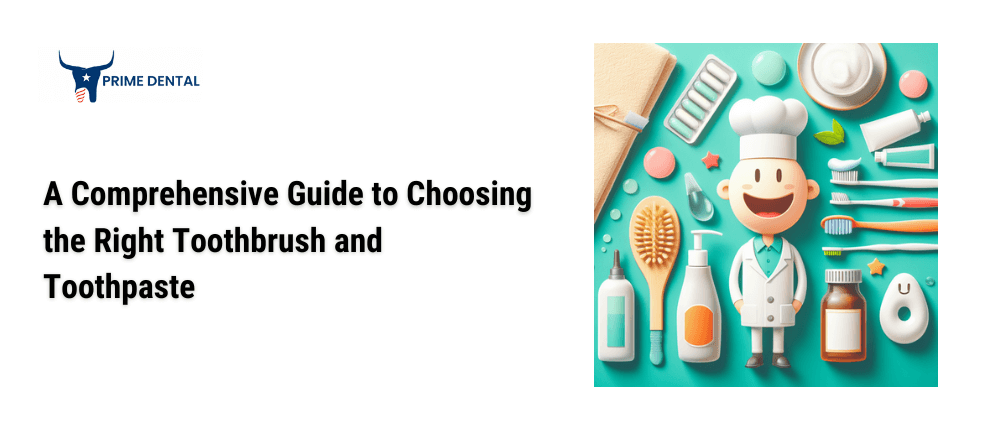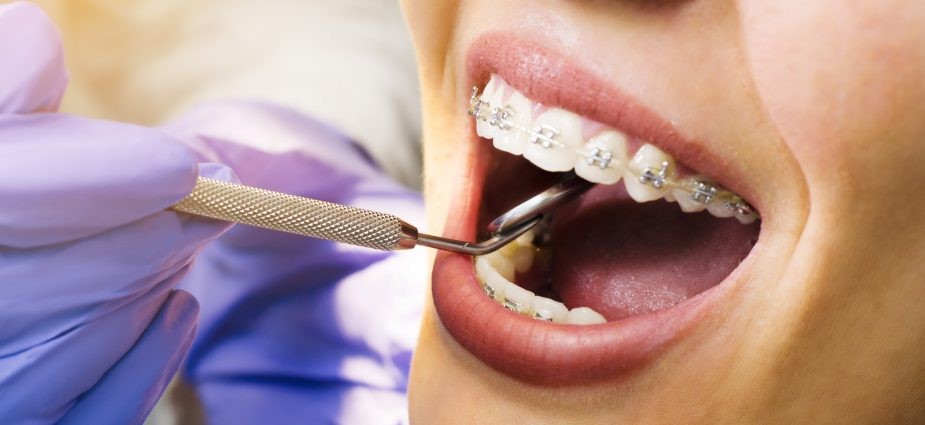Finding the right dentist for your family can be a daunting task. You want a dentist who is qualified, experienced, friendly, and affordable. You also want a dentist who can cater to the different needs and preferences of your family members, from children to seniors. But how do you find such a dentist? What factors should you consider when choosing a dentist for your family? What questions should you ask before making a decision? In this article, we will share with you some of the best tips and factors to consider when choosing the right dentist for your family.
Factors to Consider When Choosing a Dentist for Your Family
There are many factors that can influence your choice of a dentist for your family. Some of the most important ones are:
Location and accessibility:
You want a dentist who is conveniently located near your home, work, or school. You also want a dentist who has flexible hours and can accommodate your busy schedule. You don’t want to waste time and money on traveling or waiting for your appointments. You also want a dentist who is easily reachable by phone, email, or online in case of emergencies or questions.
Services and specialties:
You want a dentist who can provide a wide range of services and specialties for your family’s dental care needs. You want a dentist who can perform routine checkups, cleanings, fillings, crowns, bridges, implants, root canals, extractions, and more. You also want a dentist who can offer cosmetic dentistry, orthodontics, pediatric dentistry, geriatric dentistry, sedation dentistry, and other specialized services that your family may need or want.
Qualifications and experience:
You want a dentist who is well-qualified and experienced in their field. You want a dentist who has the necessary education, training, certification, and license to practice dentistry. You also want a dentist who has a good reputation and track record in their profession. You can check their credentials, reviews, ratings, awards, and affiliations on their website, social media, or online directories. You can also ask for referrals from your friends, family, or other health professionals.
Cost and insurance:
You want a dentist who is affordable and transparent about their fees and payment options. You want a dentist who can provide you with an estimate of the cost of your treatment before you start. You also want a dentist who accepts your insurance plan or offers other financing options such as discounts, coupons, or payment plans. You don’t want to compromise your dental care because of financial constraints or surprises.
Personality and rapport:
You want a dentist who is friendly, courteous, respectful, and professional. You want a dentist who can make you and your family feel comfortable, relaxed, and confident. You also want a dentist who can communicate clearly, listen attentively, and answer your questions patiently. You don’t want a dentist who is rude, impatient, or dismissive of your concerns or preferences.
Questions to Ask When Choosing a Dentist for Your Family
To help you narrow down your choices and find the best dentist for your family, you can ask some of the following questions when you contact or visit the dentist:
- How long have you been practicing dentistry?
- What are your qualifications and credentials?
- What are your areas of expertise and specialties?
- What services and procedures do you offer?
- How do you keep up with the latest trends and technologies in dentistry?
- How do you handle dental emergencies and after-hours care?
- How do you ensure the safety and hygiene of your office and equipment?
- How do you accommodate patients with special needs or anxiety?
- How do you deal with children and seniors?
- How do you explain the treatment options and procedures to your patients?
- How do you handle the billing and insurance claims?
- How do you measure and improve your patient satisfaction and feedback?
- Do you have any references or testimonials from your previous or current patients?
Conclusion
Choosing the right dentist for your family is an important decision that can affect your oral and overall health. By considering the factors and asking the questions mentioned above, you can find the best dentist for your family’s dental care needs. Remember to do your research, compare your options, and trust your instincts. Your smile and your family’s smile are worth it!



